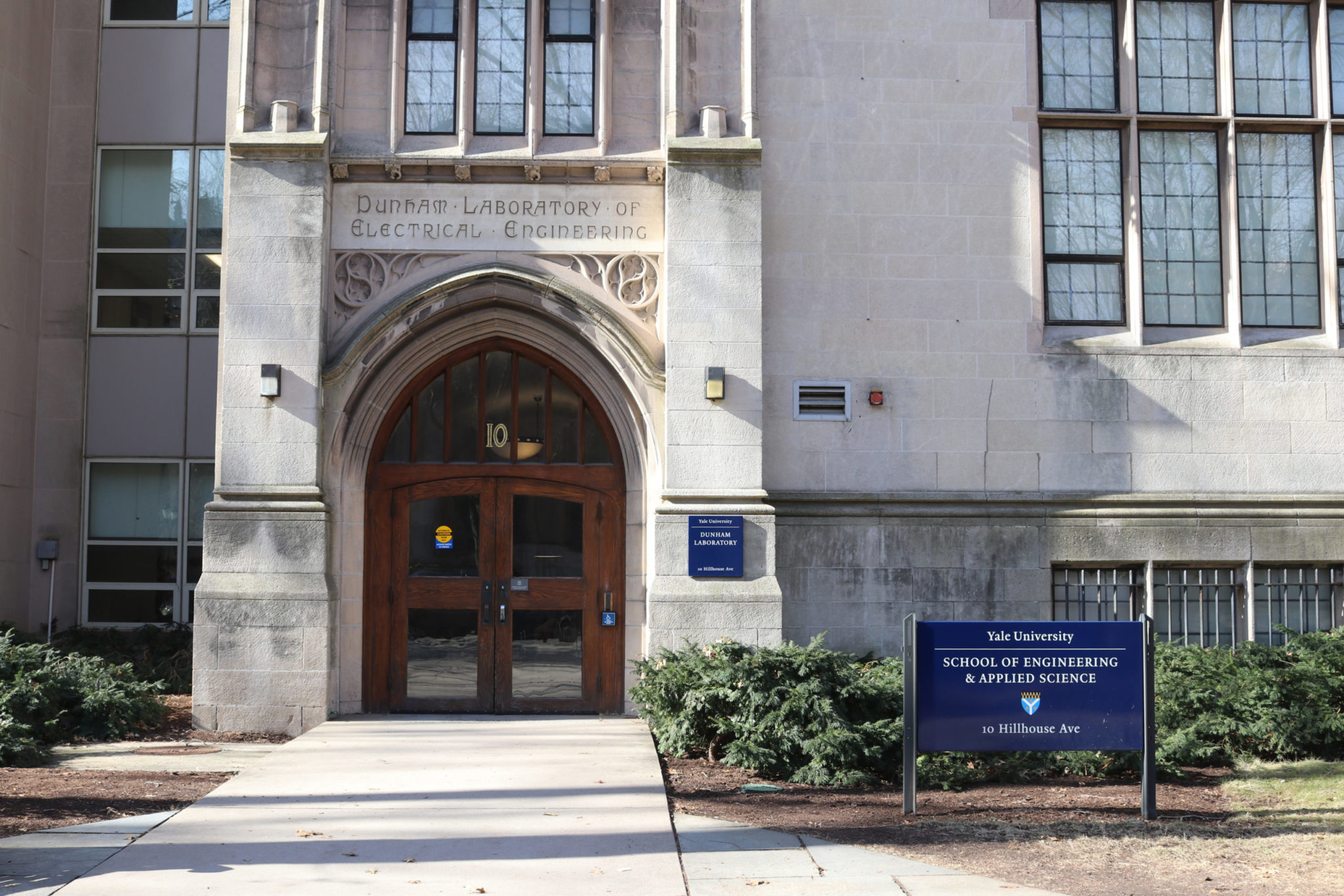Students prepare for national mathematics competition
The prestigious and notoriously difficult William Lowell Putnam Mathematical Competition is scheduled to take place on Dec. 3.

Kai Nip, Senior Photographer
A group of Yale undergraduates will sit for the most notoriously difficult collegiate math competition in the country.
Held by the Mathematical Association of America, the Putnam Competition — held Dec. 3 — consists of 12 questions and is broken up into two three-hour sessions. Despite the 120 points available on the exam, the median score is typically between just 0 and 1 points. In an effort to prepare students for this year’s Putnam, mathematics professor Mihai Alboiu has been holding weekly informal seminars covering theorems and concepts that may be helpful to students during competition.
“Even if you gave these problems to a math professor, they would also likely struggle for a very long time,” Alboiu said. “This kind of levels the playing field completely and it’s really hard for everybody. That makes it like a joint effort in a fun way.”
Yale’s involvement in the Putnam underwent a drastic shift when former mathematics professor and team coach Patrick Devlin left the Yale Mathematics Department after the spring 2022 semester. Devlin, who began the first series of Putnam Seminars, led the Yale team to a historic performance on the 2018 exam, and students largely attributed their successes to his leadership.
However, continued involvement in the competition, coupled with the Math Department’s efforts to prepare students for the exam, indicates a bright future for the Yale team.
This year’s seminars have focused on topics such as modular arithmetic and recurrence relations and covered concepts such as the Sylvester-Gallai theorem and the Pigeonhole Principle.
However, knowledge of these concepts alone does not necessarily guarantee students to perform well on the exam. Unlike a typical math test, the Putnam requires students to employ creativity and originality to solve questions.
“There’s no textbook for [the Putnam],” said Ran Wang ’23. “You need to think outside of the box.”
In both 2019 and 2021, Wang ranked in the top 200 of approximately 4,000 undergraduates who participate in the competition each year.
Coming from a highly competitive environment in high school, Wang felt that preparing for the Putnam served as a collaborative outlet that deepened his appreciation for mathematics.
“I enjoy the process of solving the problem and trying to use the knowledge I have or trying to be creative to get a solution instead of trying to get a really high score,” Wang said.
Another student, Tushar Patel ’25, placed within the top 500 on the 2021 Putnam.
Patel noted that the difficulty of the exam can be discouraging and that he sometimes does not “even have an idea of how to start” working on certain problems.
Patel also noted that the Yale Putnam team is not particularly competitive compared to other Ivy League teams such as Princeton and Harvard, which placed 2nd and 3rd in the 2021 contest. The MIT team won first place, while Stanford and UCLA placed 4th and 5th, respectively.
“I think it would be great to see the Putnam gain popularity here as it has in many other top schools,” he said.
Professor Alboiu’s weekly problem-solving seminars take place on Tuesday evenings at 7 p.m.
Correction 3/6/23: A previous version of the article stated that the exam consists of six questions. Students answer twelve questions total.







